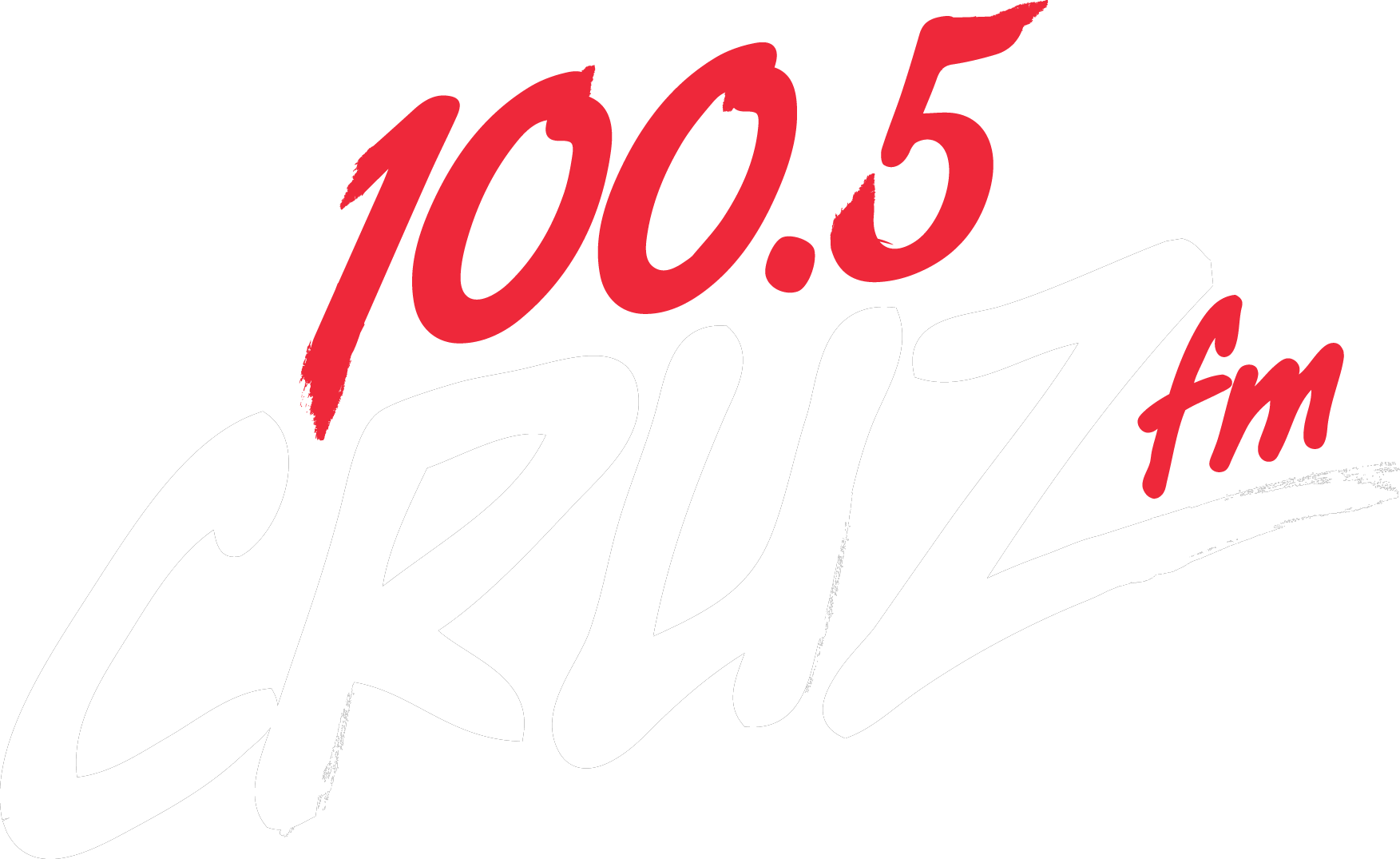There’s a chance you may be paying a bit more in property taxes this year.
Wood Buffalo council met virtually on Tuesday where they set the tax rates for homes, businesses, and other properties in the urban and rural areas.
Residential properties in Fort McMurray, on average, are set to see a six per cent decrease in the municipal tax, however, the education tax is set to rise by around seven per cent.
Overall, the average home will see a one per cent rise from 2020.
The education tax, which the municipality collects on behalf of the province, is seeing a big rise as not enough was brought in back in 2019.
The UCP’s first provincial budget came out later than expected which resulted in the RMWB collecting the same amount from the previous year.
However, there was an increase with the municipality making up for the loss this year.
Rural residential properties, on average, are slated to see a 14 per cent increase – the majority coming from the education tax. The median price on these assessments rose slightly which is playing a part in the rise.
Despite the average increases, the municipality’s tax rate continues to be one of the lowest across the province.
Mayor Don Scott brought forward a motion to lower the municipal tax to help offset the provincial tax.
He claimed the municipality should cover the cost since there’s between $165 million – $170 million in uncommitted funds.
“There is no reason for us to have this kind of savings and still be charging a higher tax rate and collecting more tax when we could dip into that savings and achieve the same result.”
The vote ended in a tie with Scott and Councillors Keith McGrath, Jeff Peddle, Jane Stroud, Bruce Inglis voting in favour while Councillors Verna Murphy, Krista Balsom, Sheila Lalonde, Mike Allen, and Phil Meagher voted against.
Councillor Claris Voyageur did not take part.
If approved, the municipality claimed future tax rates would need to increase, specifically around 10 per cent for rural residential properties, to ensure the region hits the 5:1 tax ratio by 2026.
“I don’t want to have to burden residents in a year or two years with a 10 per cent tax increase,” said Murphy.
Back in 2017, council approved reducing the rate from 18.3:1 to 5:1 over a 10-year span.
This has resulted in an overall reduction of around $281 million in tax revenue for the municipality.
Scott argued the region isn’t in a position to keep doing this.
“If there was ever a circumstance that I think would justify a change in approach it’s the circumstance we’re currently facing. We have a worldwide pandemic, we have businesses that have been challenged, we have businesses and residents who’ve been challenged by a flood.”
Meanwhile, tax notices will be mailed to property owners in the last week of May. The tax deadline is set for June 30, 2021.








